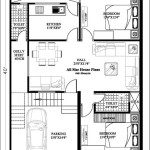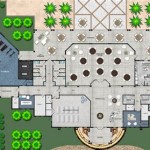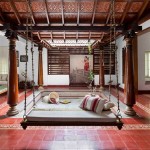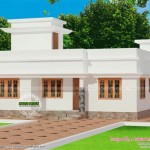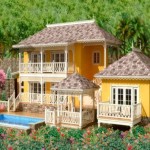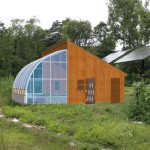Essential Aspects of House Plans for Bed Sitters
Bed sitters, also known as studio apartments or efficiency units, are compact living spaces that typically combine a bedroom and living area into a single room. These small and affordable accommodations are ideal for individuals or couples seeking a cozy and functional home. When designing house plans for bed sitters, several essential aspects must be considered to optimize space, enhance functionality, and create a comfortable living environment.
1. Space Planning and Efficient Use of Area
Effective space planning is crucial in bed sitter design. The layout should maximize the available square footage while creating a sense of openness and flow. Divide the space into distinct zones for sleeping, living, dining, and cooking. Utilize multifunctional furniture, such as a sofa bed or a coffee table with built-in storage, to save space and maintain a clutter-free environment. Consider incorporating built-in shelves, drawers, and closets for efficient storage and organization.
2. Lighting and Natural Ventilation
Natural lighting is essential for creating a bright and airy atmosphere in bed sitters. Maximize natural light by incorporating large windows or sliding doors that allow ample sunlight to enter. Artificial lighting can be used to supplement natural light and create different moods and ambiances. Consider using a combination of overhead lighting, task lighting, and ambient lighting to illuminate different areas effectively. Proper ventilation is also crucial for maintaining good indoor air quality. Cross-ventilation can be achieved through strategically placed windows or ceiling fans to promote airflow and reduce stuffiness.
3. Kitchenette Design for Functionality
The kitchenette in a bed sitter should be functional and space-efficient. Opt for compact appliances, such as a mini-fridge, two-burner stovetop, and microwave oven. Consider installing a multi-functional sink that can serve as a prep station and a dishwashing area. Utilize overhead cabinets and drawers to maximize storage space and keep the kitchenette organized. A small dining table or breakfast bar can be incorporated to create a designated eating area within the living space.
4. Bathroom Design for Space Optimization
The bathroom in a bed sitter should be designed with efficiency and space optimization in mind. Opt for space-saving fixtures, such as a pedestal sink, a wall-mounted toilet, and a shower stall with a sliding door. Utilize built-in shelves and storage units to store toiletries and personal items. Consider installing a mirror with integrated lighting to create the illusion of a larger space and provide adequate illumination for grooming.
5. Furnishing and Decor for Comfort and Style
Furnishing and decor play a significant role in enhancing the comfort and style of bed sitters. Choose furniture that is proportionate to the size of the space and can serve multiple functions. A convertible sofa bed, for example, can serve as both a seating area and a sleeping space. Neutral colors and reflective surfaces can help create a sense of spaciousness and brightness. Add personal touches with artwork, plants, and decorative accessories to make the space feel like a home.
6. Storage Solutions for Organized Living
Adequate storage is essential in bed sitters to maintain organization and minimize clutter. Utilize vertical space by installing shelves and cabinets that extend to the ceiling. Under-bed storage containers can be utilized to store bulky items such as blankets and pillows. Built-in drawers and hidden storage compartments can also be incorporated into the design to maximize space utilization without compromising aesthetics.
7. Privacy and Noise Reduction
In bed sitters, creating a sense of privacy and reducing noise can be challenging. Utilize room dividers or curtains to separate the sleeping area from the living area. Consider installing sound-absorbing materials such as carpets or acoustic panels to reduce noise transmission. Double-glazed windows or window treatments can also help minimize noise from outside sources.
Designing house plans for bed sitters requires careful consideration of space planning, functionality, and aesthetic appeal. By implementing these essential aspects, architects and homeowners can create compact and comfortable living spaces that maximize space utilization, enhance functionality, and provide a sense of privacy and comfort.

Bed Sitter Plan Studio Floor Plans Small House Apartment

5 Simple Bedsitter Studio Designs To Inspire Your Next Home Jenganami

10 Simple Bedsitter Design Plans In Kenya With Measurements To Co Ke

Bedsitter Option 2 Site Plan Floor Plans House

Bedsitter Option 1 House Plans How To Plan

5 Simple Bedsitter Studio Designs To Inspire Your Next Home Jenganami

10 Simple Bedsitter Design Plans In Kenya With Measurements To Co Ke

10 Simple Bedsitter Design Plans In Kenya With Measurements To Co Ke

Building Plan Bedsitter With Verandahs How To House Gallery

10 Simple Bedsitter Design Plans In Kenya With Measurements To Co Ke
Related Posts

